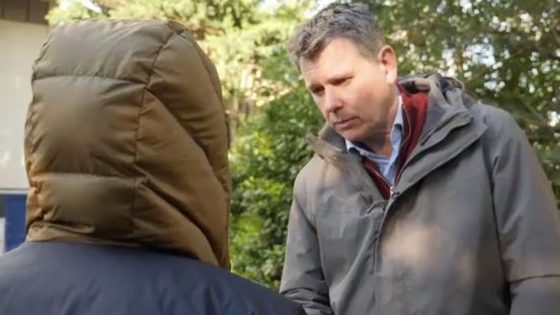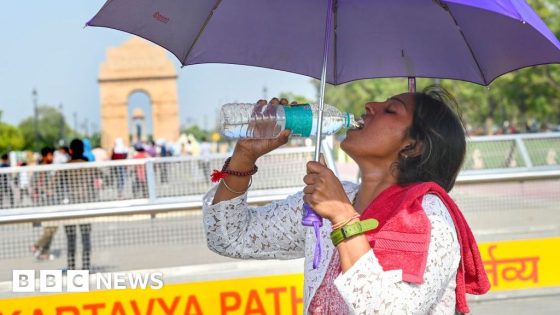Less than a week after she survived a migrant boat disaster in which five people died, Heivin is standing in a car park next to a shabby hotel near London, smiling and joyous.
After a string of failed attempts to reach England, her dream has finally been fulfilled.
“It was really hard and dangerous for me, but I finally made it here, thanks to God,” she said.
“I am very happy to be here because I think it is a safe country and it is very suitable for me. But part of me is still in shock that the journey is finally over.”
She is a slight young woman, just 18 years old but blessed with a confidence that allowed her to persevere when others might have given up.
She left Kurdistan around a year ago, crossing Europe to France, and living in camps, woodland and in underpasses along the way.
“It was very hard,” she says.
“Especially when you’re on your own, and a young woman. It can be very dangerous.”
Kurdistan is a region that straddles Turkey, Syria, Iran and Iraq, and whose people have historically faced ethnic and political persecution from the governments of those countries.
Read more
Migrants spotted in the Channel and rescued by coastguard
More than half of asylum seekers allocated for removal to Rwanda cannot be found
Heivin tried 30 times to reach England from the coast of northern France, with her penultimate attempt seeing her take a place on a boat that was wildly overcrowded after it was violently hijacked by a rival group of migrants.
In the ensuing melee, five people died, including a young child.
It was shortly after that trauma that we met Heivin for the first time, as she was recovering from the ordeal of that boat. The memories still haunted her of seeing people crushed.
Even then, Heivin said she would be trying again and, in the early hours of Saturday morning, she made it. Her boat left a French beach in the early hours and chugged towards Britain.
The people smugglers who arranged the crossing, she says, were “good with us”.
“We only had to wait for three to four hours, then we went down the beach and boarded the dinghy.”
But the boat, as so often with these crossings, was ill-equipped and struggled in the water before being intercepted by a French coastguard vessel, which offered assistance.
Of nearly 60 people on board, 33 were taken off, but the others, including Heivin, remained at sea, determined to get to Britain.
“This time I went, but I always had the feeling that I would not make it and have to return like the other times.
“It was also extremely cold that night and my clothes were soaking wet. I kept saying to myself “I won’t make it”, but thank God, I did make it.”
The decisive point came when the dinghy entered British waters and, before long, the passengers on board were collected by a Border Force vessel and taken to the mainland.
“How did you feel when you saw the British boat,” I asked.
Heivin’s face breaks into a broad smile and she says “so happy” with a shake of her head that is loaded with emotion.
“I felt overjoyed. I didn’t expect that we would make it to Britain. I thought we would just end up back in France again, like the other times. When I saw the British boat, I was extremely happy – I just can’t explain it. I’m so happy.”
Source Agencies




